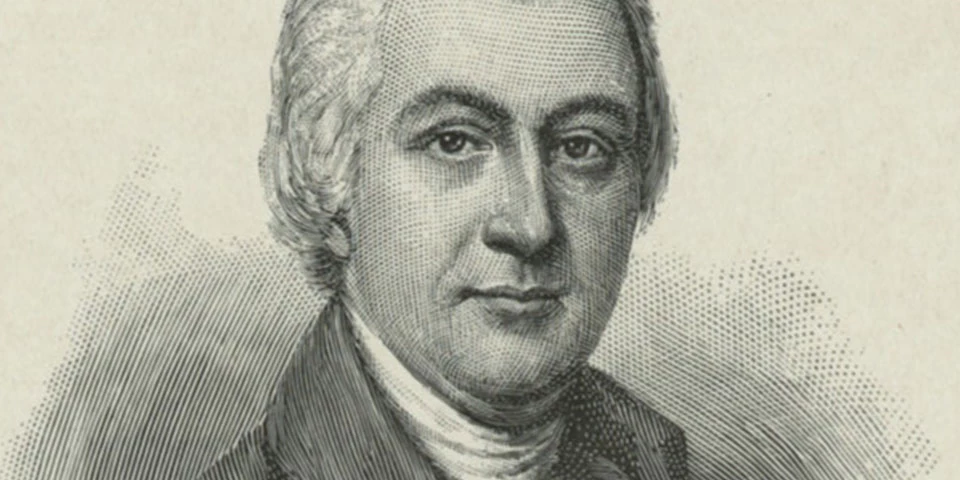Part of a series of articles titled The Constitutional Convention: A Day by Day Account for June 1787.
Article
June 13, 1787: Report from the Committee of the Whole

New York Public Library Digital Collections, http://digitalcollections.nypl.org/items/510d47df-d193-a3d9-e040-e00a18064a99
"Committee rose & Mr. Ghorum made report…"
Wednesday, June 13, 1787: The Convention Today
Today, the Convention meeting as the Committee of the Whole gave the federal judiciary jurisdiction in cases concerning the national revenue, impeachment of federal officers, and questions involving the national peace and harmony. The Committee of the Whole decided that the Senate would appoint federal judges, defeated a proposal to prohibit the Senate from originating money bills, and submitted a report.
Committee of the Whole Report
Several changes would be made in the months ahead to the report of the Committee of the Whole. Had today's Committee of the Whole report been accepted without change, our Constitution would provide for the following:
- A national legislature of two houses. The members of the first House would be elected by the people for a term of three years; paid a fixed salary from the national treasury, and ineligible for any other state or federal office during their term. Members of the second House would have to be at least 30 years old, would be elected for seven year terms by the states legislature, would receive fixed salaries and be ineligible for other offices, and could initiate money bills as well as the first house.
- That the national legislature could "legislate in all cases to which the separate states are incompetent, or in which harmony of the U. S. may be interrupted by the exercise of individual legislation."
- That Congress could veto state laws, which in its opinion, violated the Constitution or any treaties made by the federal government.
- Representation in both houses would be based on population.
- A national Executive of one person, chosen by Congress for a seven year term, not eligible for re-election and removable on impeachment, to carry into execution the national laws and appoint to offices not otherwise provided for.
- An executive veto, subject to a 2/3 override.
- A national judiciary of one supreme tribunal and other tribunals as Congress may provide. Judges elected by the Senate to serve during good behavior at a fixed salary not to be increased or diminished during their term. The judiciary would have jurisdiction in cases of national revenue, impeachment of federal officers and questions involving the national peace and harmony.
- Provision would be made for admission of new states "with the consent of a number of voices in Congress less than the whole," for a transition from the Articles to the new government, for a guarantee of a Republican form of government in each state, for submission of the new Constitution conventions and for a process for amending the new government when necessary.
- Gave the federal judiciary jurisdiction in cases concerning the national revenue, impeachment of federal officers, and questions involving the national peace and harmony
- Agreed that the Senate would appoint federal judges
- Rejected (8 – 3) a motion requiring money bills to originate in the lower house of the legislature
- Agreed to vote on amended Virginia Plan with 19 Resolutions
Delegates Today
- General Washington (VA) dined at George Clymer's (PA), drank tea there, then spent the evening across the street at the Bingham's.
- Benjamin Franklin (PA) left the Convention in time to meet at his house with the Supreme Executive Council, the Judges of the Supreme Court and the attorney general about some resolutions of a recent meeting in Easton, Pennsylvania.
- The Pennsylvania Herald printed one of the rare criticisms of the Convention; reporting that it was considering some schemes which would preserve the form but destroy the spirit of a democracy, and others which reject even the appearance of a popular constitution.
Last updated: July 27, 2019
